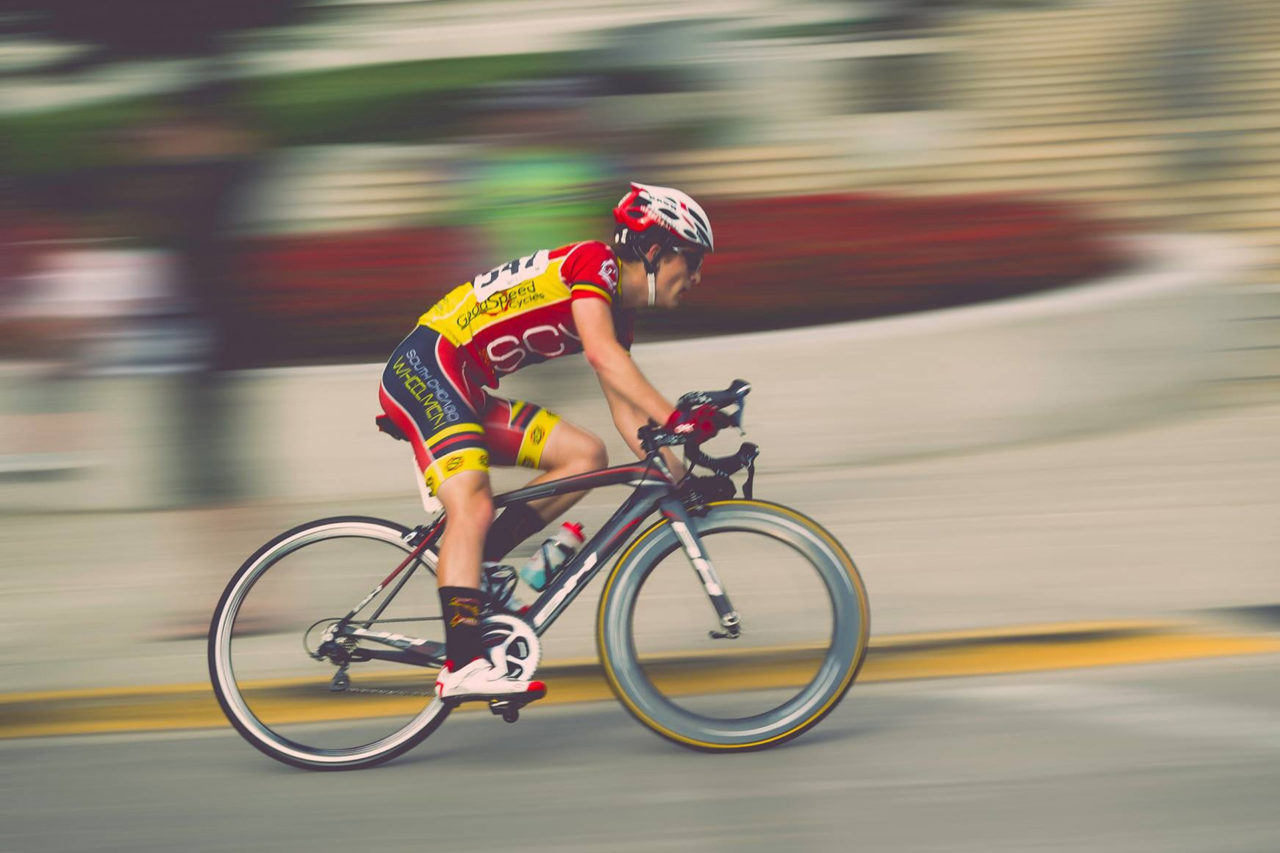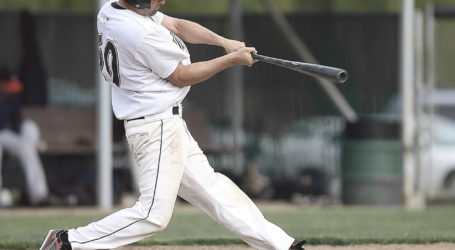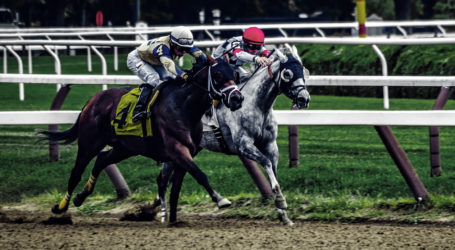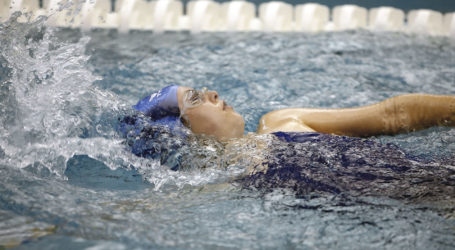Chris Froome joins legends of Tour de France with second win
Rain at the Tour de France finish on the Champs Elysées is a rare event. Although the bulk of the soaking came during the early miles through the Paris suburbs, the peloton had not been this sodden during the Tour’s grand finale since a depleted bunch splashed up and down the cobbles led by Marco Pantani and his team-mates at the end of the scandal-hit 1998 race.
Chris Froome’s Team Sky made special jerseys with a yellow dorsal stripe for the occasion, with matching shorts and crash hats, but had only their usual black rain capes to keep it all dry, so the new kit received an airing only when the riders reached the avenue.
By this time the rain had eased somewhat, although the race for the overall standings was neutralised on the first passage of the finish line, meaning that Froome had only to complete the 10 laps to win the Tour, no matter where he finished. He was able to slow up with his seven team-mates to complete the final kilometre well behind the bunch, all eight Sky riders lining up across the avenue arm in arm. Froome’s post-race speech was briefer than in 2013 and began with a list of those team-mates name by name.
“Without you guys I would not be standing up here: this is your yellow jersey as much as it is mine,” he said. After thanking other members of Team Sky, he added: “The maillot jaune is special, very special. I understand its history, good and bad, and I will always respect it, never dishonour it and I’ll always be proud to have won it.”
The sun came out for the final lap but the rain made for a dank, wintry end to a Tour that had taken the full three weeks to come completely to the boil and then only for the 40 minutes it took to climb l’Alpe d’Huez on Saturday. Asked whether he had any other moments of concern besides Nairo Quintana’s late attacks at the Alpe and La Toussuire the day before, Froome took an age to consider, before concluding that, probably, he had not. That in itself spoke volumes, although he confessed that, compared with his 2013 Tour win, this one felt far less secure; in 2013, he said, he had not approached the final climb on the final Saturday feeling there was a chance victory might elude him.
As for Quintana, he could reflect on the fact that a windswept road in the Netherlands, where he lost 1min 28sec after missing out on a vital split in the peloton, had effectively cost him the Tour. If Froome ended up “winning” the Tour on day two in the Netherlands, that bore comparison with Vincenzo Nibali’s victory of 2014, forged on the cobbled stage in the first week. This is relatively new for the Tour, for so long decided at a few major set-piece time trials and mountain stages among a wealth of transition and sprint stages, but now a race where almost any day in the three weeks held its own pitfalls.
The prospect of a Quintana-Froome duel in 2016 is enticing but so too is the promise of the new generation of young French riders, who came good in the final days with stage wins for Romain Bardet and Thibaut Pinot that said much for their utter determination in the face of adversity.
French success matters in the Tour and there must be a chance that in the next few years one of Bardet, Pinot or Warren Barguil will end the victory drought that stretches over 30 years.
Taking into account the disgraced seven-times winner Lance Armstrong’s exclusion from the record books, Froome is the first rider to win the Tour twice since the inception of the biological passport that is widely held to have changed the doping equation.
One-off Tour de France winners have always been the rule and winning two Tours is a key point in the career of any cyclist, given the immense sacrifice necessary to win.
After the five-times winners Miguel Indurain, Bernard Hinault, Eddy Merckx and Jacques Anquetil, and the three-times winners Louison Bobet and Greg LeMond, all the winners of two Tours in the post-war years – Fausto Coppi, Gino Bartali, Bernard Thévenet, Laurent Fignon and Alberto Contador – have a certain ring about their names and Froome is now in that company. It also marks a remarkable achievement for Team Sky, winner of three Tours in their first six seasons.
Froome hopes to continue racing for at least another six years, confident as he is that he will remain able to sustain the extreme training workload that winning the Tour with Team Sky entails. Mark Cavendish described it as “less a life than an existence”.
“It’s the side of cycling that I love,” Froome said. “The sacrifices, the hard work, those are what get me out of bed in the morning. I don’t do it for a specific amount of Tour titles or fame or awards. I love riding my bike and pushing my body to my limit.”
He is 3-1 to win the BBC Sports Personality of the year but whether he will achieve the popularity and profile of his cycling predecessor in that competition and the first British Tour winner, Sir Bradley Wiggins, remains an open question, even though he has now surpassed cycling’s Modfather in terms of Tour success. Post-Armstrong, the British have equalled the US in terms of Tour wins, which would have seemed the stuff of fantasy only four years ago.
The Armstrong legacy remains toxic and that poisonous heritage was seen in the distrust of Froome and Sky, and in a Tour in which the public played almost too active a role.
The almost daily reports – and images – of bystanders spitting at the yellow jersey, and the infamous urine-throwing episode en route to Mende, were far from being without precedent but they remain the unacceptable side of a sport which prides itself on the access fans enjoy.
Froome also joins an equally select group to have won the General Classification and the king of the mountains prize in the same year: since the second world war only Bartali, Coppi, Federico Bahamontes and Merckx have managed the feat.
That in itself is a reflection of his constant presence at the front whenever the road hit a major pass, in turn a mark of the consistency that has taken Froome into territory unconquered by any cyclist boasting a British passport.










